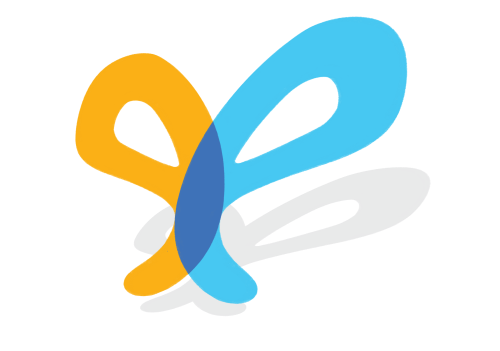What might 'word bingo' teach us about education and learning?
There it is again.
That word.
Complex.
No hiding from it is there? Just like pivot, agile, and #lockdown. Particularly so when it’s an integral part of that well worn acronym: #VUCA, the mere mention of which sees my 18 month old schnoodle’s ears prick up.
Seems we’re not the only hyper-stimulated ones!
But I digress.
Another word that's very much in vogue is #upstream. It's a concept explored in some detail by author Dan Heath in his recent book by the same title. An upstream mindset is a #systems way of thinking and being. It would see proactive strategies implemented (hopefully) before something becomes a problem. In a perfect world upstream innovations express agency, cultivate ownership, improve outcomes, thereby mitigating costs.
Sounds easy right? Not so. Particularly when a contemporary economic model isn't inclined to factor in or value important intangibles.
Which is where #education comes in and why it is so important.
Education and #learning play key roles in building capacity in both progressive, cohesive societies and upstream mindsets. In fact, one could argue that the two enjoy a symbiotic relationship; as features of healthy ecosystems inevitably do! It is no surprise therefore to note the Institute for Economics & Peace's recent 2021 Global Peace Index report drawing attention to this exact point. Although neither prominently or explicitly, the report does identify the interdependent nature of increased or improved economic activity or value in line with investments in social capital. For eg, it says
"the exact magnitude of this effect (economic activity) is ... likely to be particularly high in the case of expenditure related to containing violence. For instance, if a community were to become more peaceful, individuals would spend less time and resources protecting themselves against violence. Because of this decrease in violence there are likely to be substantial flow-on effects for the wider economy, as money is diverted towards more productive areas such as health, business investment, education and infrastructure".
Sounds fairly common sense, doesn't it? Certainly should be. But hold your horses. Because it isn’t a mindset that is as prevalent or ubiquitous as one might wish.
There’s another of those words again. Ubiquitous. Used prolifically. Everywhere. To the point of irrelevance.
If only, is all I can say.
Why? Because, while the report goes on to draw attention to the incontrovertible role education plays in shaping progressive, cohesive societies, it often does so in a negligible manner which means it remains overlooked, dismissed or, as in this case, included almost as an afterthought or footnote. For eg, located under the rather grand title "The Pillars of Positive Peace", but in a contradictorily demure - almost apologetic - mini-paragraph at the bottom of the page is stated:
"Peaceful countries tend to ensure equity in access to resources such as education, health, and to a lesser extent, equity in income distribution"
Well intentioned as all these sentimental words may be, that’s all they will remain without decisive action: sentiments. Words on a page.
None of this is new. Since time immemorial, in deference to it’s importance in allowing communities to thrive, civilizations have recognised the role of education in building the bedrock of stability, peace and progress. So at what point did we forget and lose sight of this?
Deliberate, strategic, and considerable shifts in policy and action are needed to bring about a “realist utopia” . Showcasing and prototyping best practice in emergent educational pedagogy, one that cultivates agency and real world application, in a system that is personalised and flexible, is crucial if we are to see a #greatreset. A #betternormal is possible if noticeable shifts take place in educational focus and priorities. Ones where corresponding learning experiences are designed to be less transactional and linear , adaptive to a context that is more often than not beyond order, and cognisant of the insurmountable connectography we must navigate if we are to successfully grapple with complex 21c problems.
Grrr. That word again.
Anyone call bingo yet?
#educationalecosystems #systemsthinking #socialinnovation #socialcapital #learn #educate #bettertogether


